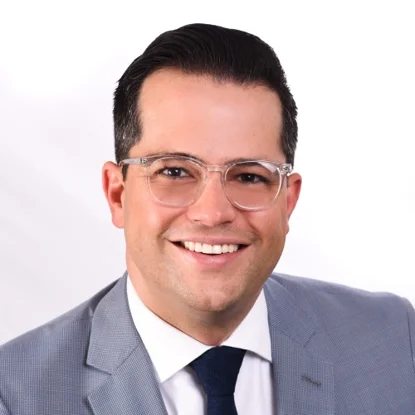Most people assume that once a will goes through probate, that’s the end of the story. The court approves the will, the assets get distributed, and the case is closed. But in some situations, questions or concerns arise after probate is complete. Can a will still be challenged at that point?
In California, the short answer is yes, but only under limited circumstances. This blog explains when and how a will may be contested after probate, who can take action, and what steps to consider if you suspect something is wrong.
Understanding Probate and Finality
Probate is the legal process of validating a person’s will and overseeing the distribution of their estate. The court appoints a personal representative (also known as an executor or administrator) to carry out the decedent’s wishes, settle debts, and distribute property to beneficiaries.
Once the court determines the will is valid and the estate has been administered according to plan, it issues a final order closing the probate. At that point, the court’s involvement usually ends.
But sometimes, new information or problems come to light after the estate has already been distributed. While the law strongly favors finality, there are narrow paths for reopening probate and challenging the will.
When a Will Can Be Contested After Probate
Challenging a will after probate is not easy, but it’s possible if there’s a valid legal reason and supporting evidence. Some examples include:
- Fraud or Forgery: If someone faked the will or lied to the court during the original probate.
- Undue Influence: If someone pressured the person making the will (the testator) into changing their wishes.
- Lack of Capacity: If the testator didn’t understand what they were signing due to illness or cognitive decline.
- Discovery of a Later Will: If a newer valid will is found after probate has concluded.
It’s important to act quickly. In most cases, objections must be raised before the probate is finalized. But if the reason for contesting the will couldn’t reasonably have been discovered until after the fact, such as concealed fraud, the court may allow a post-probate challenge.
Courts take these cases seriously and expect clear, convincing evidence. You can’t reopen probate simply because you disagree with the outcome or feel left out.
There are also strict time limits. In general, any challenge must be brought within 120 days after the probate court’s final order, or within a reasonable time after discovering fraud or wrongdoing. Once the windows close, the chance to contest the will may be lost for good.
Who Can Challenge the Will and What’s at Stake
Not everyone has the right to contest a will. You must have legal standing, which means you must be personally affected by the outcome. In California, this typically includes:
- Heirs under intestate law (such as children or a surviving spouse) who were disinherited
- Beneficiaries under a previous will
- Individuals who believe the will is invalid and that they would inherit if it were set aside
If a challenge is successful, several outcomes are possible:
- A prior will may be reinstated if it meets legal requirements
- The estate may be redistributed according to California’s intestacy rules
- Property already distributed might have to be returned, though that process can be complex
These cases can affect not only the distribution of assets but also family relationships and the legal validity of previous transactions.
What to Do if You Suspect a Problem
If you believe something improper happened during probate or that someone committed fraud, you should act quickly.
Start by:
- Collecting any documents, emails, or communications that support your concerns
- Making a written timeline of events, including when you discovered potential problems
- Avoiding direct accusations without evidence—focus on the facts
Then, speak with a trust and estate litigation attorney. An experienced legal team can evaluate whether there’s a path to reopen probate and help you understand the risks, costs, and potential outcomes of a contest.
Protecting Your Rights After Probate
While California courts aim to bring probate matters to a close, they also recognize that mistakes, fraud, or misconduct sometimes slip through. If you have strong reasons to believe the will that was probated isn’t valid, there may still be an opportunity to contest it, even after probate is completed.
At OC Trial Group, APC, we help individuals and families uncover the truth and take action when estate plans go wrong. If you suspect fraud, undue influence, or another serious issue, contact us to discuss your rights and how we can help.

